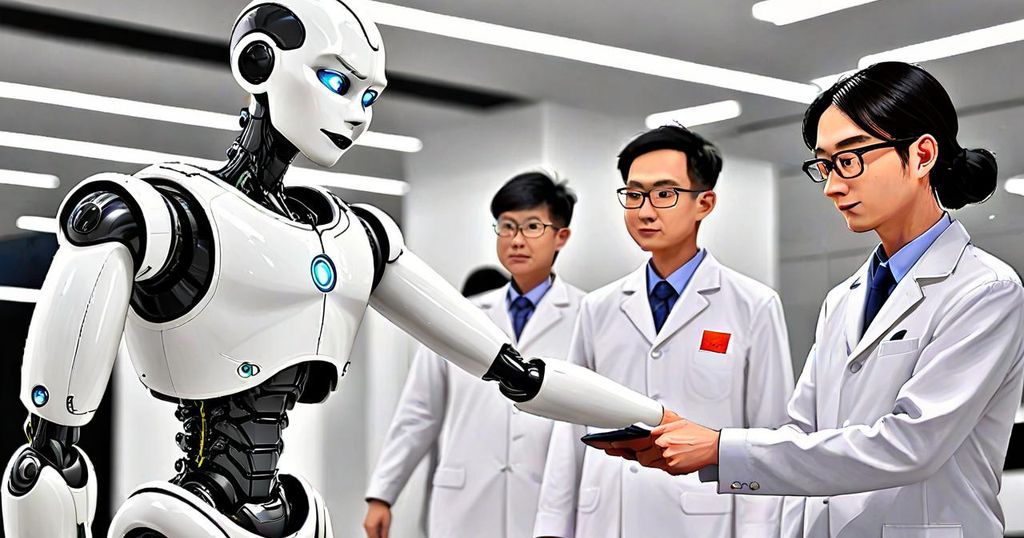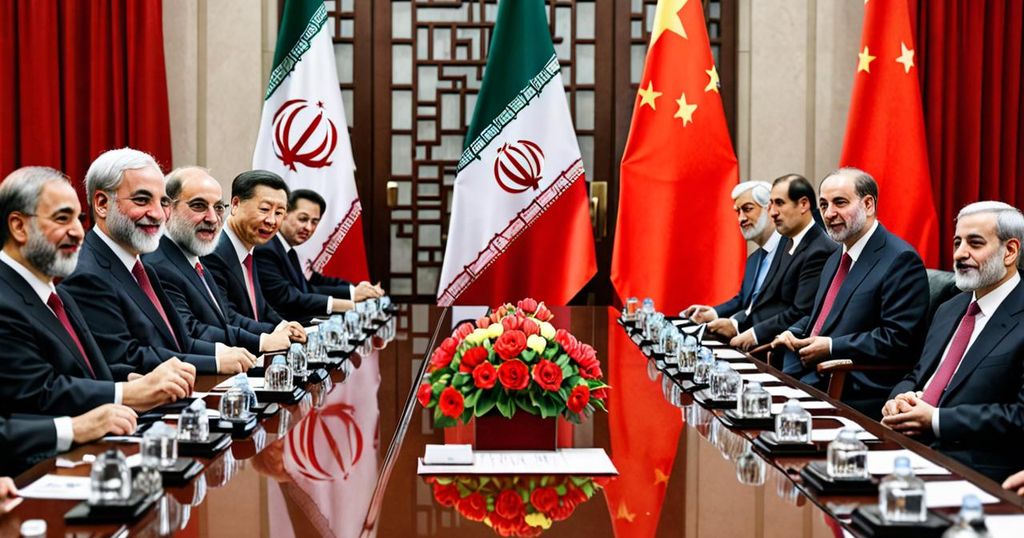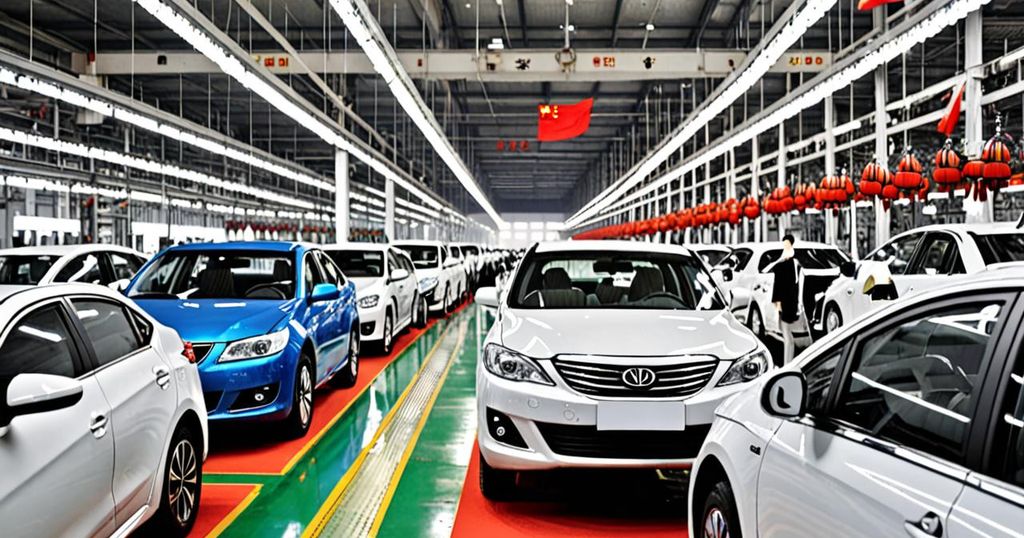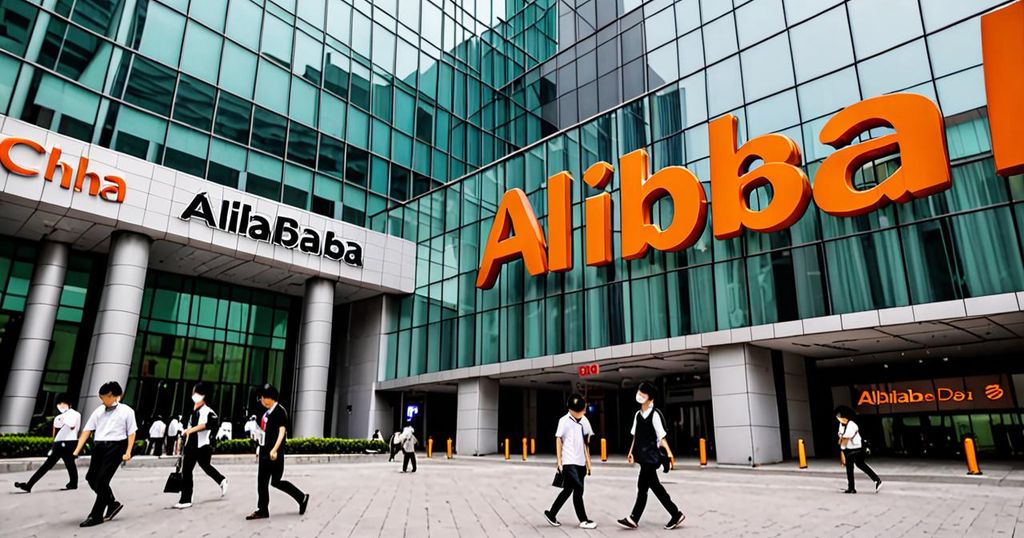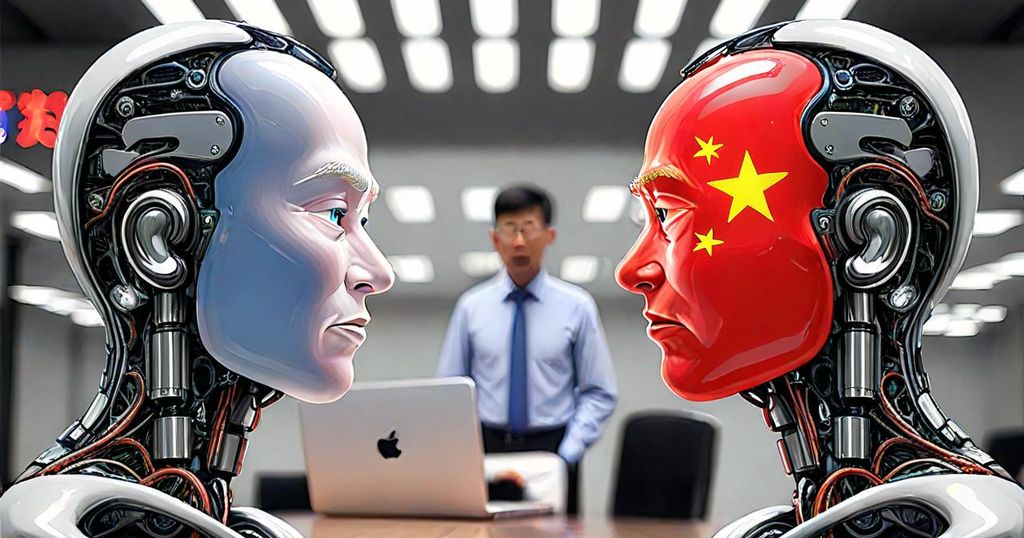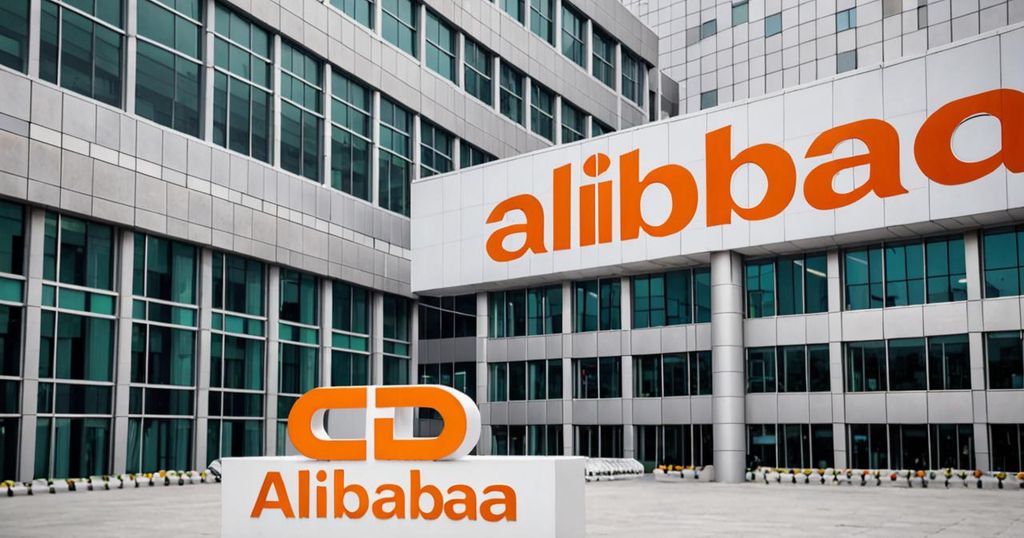The competition for supremacy in the field of Artificial Intelligence (A.I.) has entered a new phase with China forging ahead of the United States in the generation of A.I. talent, a crucial indicator of global technological leadership. Recent research has revealed that China is responsible for producing nearly half of the world’s top A.I. researchers, surpassing the U.S. in this domain.
A study carried out by MacroPolo, a think tank associated with the Paulson Institute, has unveiled China’s leading position in A.I. talent generation, while the U.S. has fallen behind. These findings represent a significant shift from just three years ago, when China accounted for only a third of the world’s top talent, while the U.S. has seen little change in this regard.
The research was based on an analysis of the backgrounds of researchers whose papers were published in the 2022 Conference on Neural Information Processing Systems (NeurIPS), a key event focused on advancements in neural networks, a fundamental technology in generative A.I.
The disparity in A.I. talent generation has been brewing for almost a decade. In the 2010s, the U.S. benefited from the fact that many of China’s top minds pursued doctoral degrees in American universities, with the majority choosing to remain in the U.S. However, the latest research indicates a shift in this trend, with more Chinese researchers opting to stay in their home country.
This change holds significant implications as both China and the U.S. compete for supremacy in the field of A.I., a technology with the potential to drive innovation, increase productivity, and bolster various industries. The researchers at the forefront of these developments have thus become geopolitically crucial on a global scale.
The surge in generative A.I. has drawn the attention of the tech industry in both Silicon Valley and China, triggering intense funding and heavy investments. U.S. tech giants such as Google and start-ups like OpenAI are spearheading this A.I. boom. This may potentially attract Chinese researchers, although geopolitical tensions between Beijing and Washington may deter some.
As China makes strides in A.I. talent generation, the global landscape of technological innovation is likely to witness a significant shift. The implications of this trend will unfold in the years to come as both countries strive to maintain their positions at the forefront of A.I. development and implementation.



